Hiccups occur when the diaphragm starts to spasm. No one really knows why they happen, but they're thought to happen when the diaphragm gets irritated or stimulated.
The diaphragm is a thin layer of muscle that separates the chest cavity from the abdomen. When it spasms and tightens, it makes you breathe in air too quickly. The air is stopped when the glottis ( opening between the vocal cords ) closes suddenly, which is what makes the hiccup sound.
Hiccups are usually temporary and more annoying than anything else, but persistent hiccups should be investigated by a medical professional.
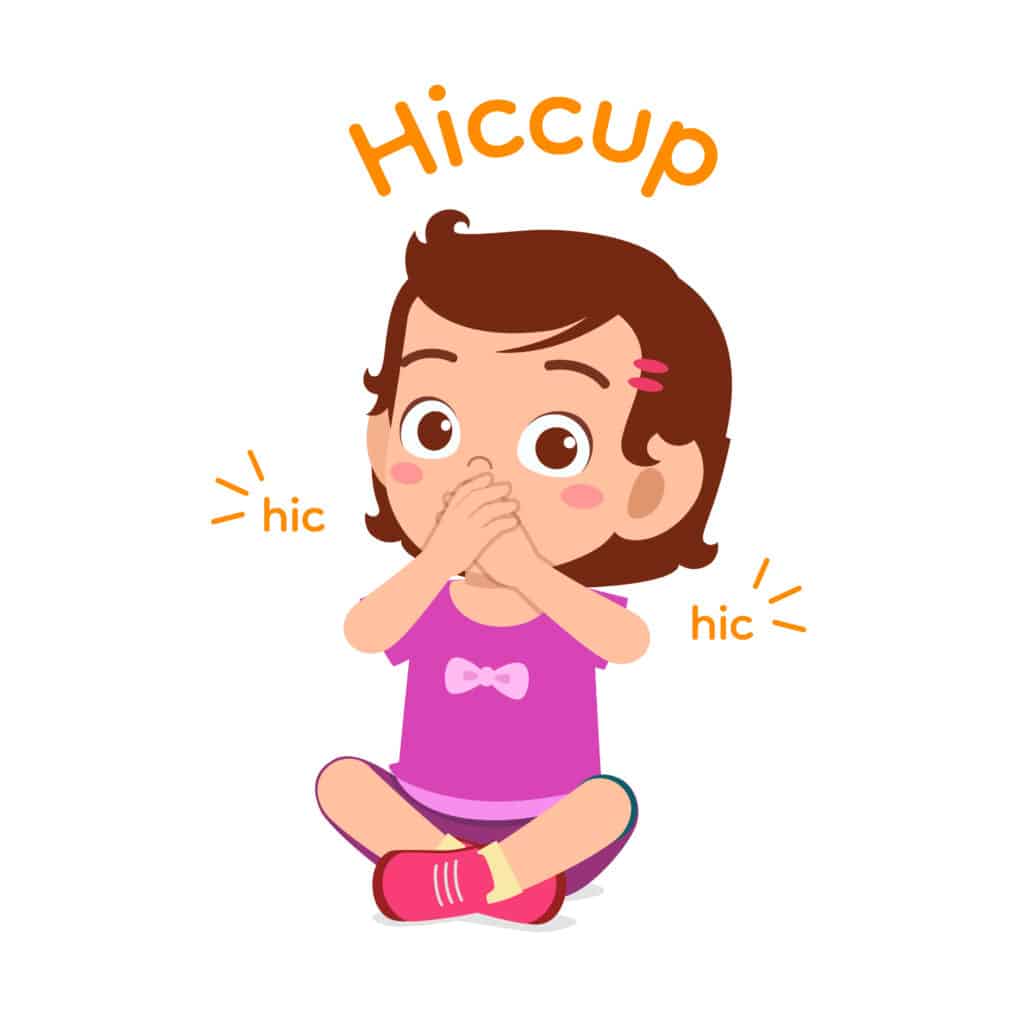
Causes of hiccups
Anything that irritates the diaphragm or stretches the stomach can cause hiccups.
Common causes of hiccups are:
Eating or drinking too quickly. This leads to swallowing air, which can irritate the diaphragm.
Eating spicy or hot foods.
Fizzy drinks.
Sudden temperature changes.
Swallowing air.
Feeling nervous or excited.
How does the diaphragm work?
When you breathe in, the diaphragm moves down to help pull air into the lungs. When you breathe out, it relaxes to help air move out of the lungs. If the diaphragm becomes irritated and moves less smoothly, you get hiccups.
How do you get rid of hiccups?
There are lots of different ideas for how to get rid of hiccups. Do any of these work for you?
- Hold your breath and count to 10.
- Drink a teaspoon of vinegar.
- Get someone to make you jump.
- Slowly drink ice-cold water.
How do you get rid of your hiccups?
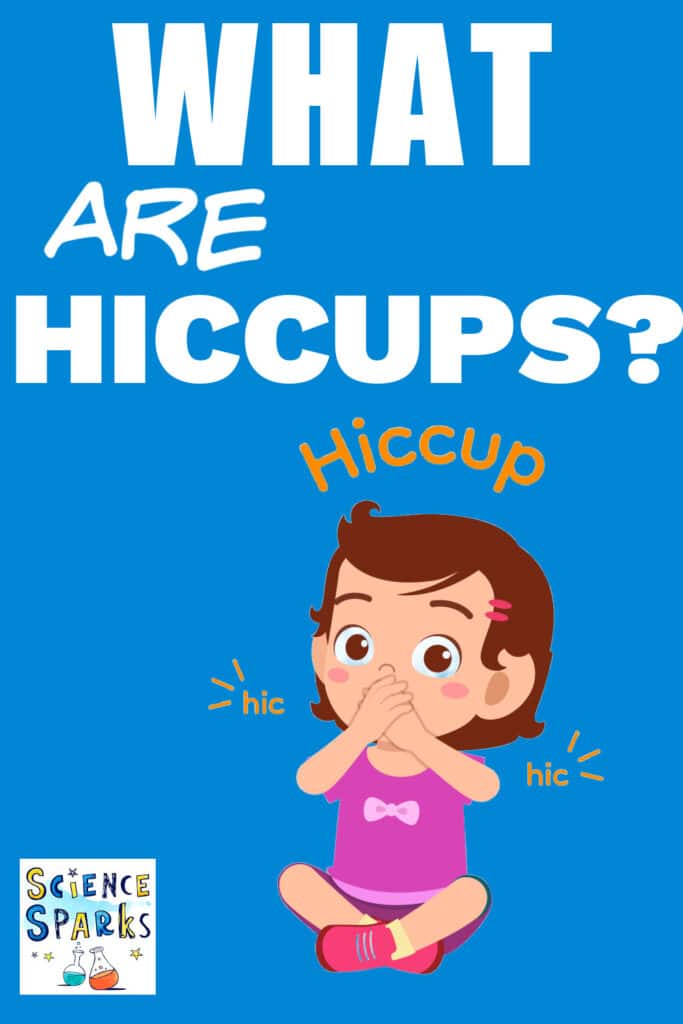
Last Updated on April 22, 2025 by Emma Vanstone
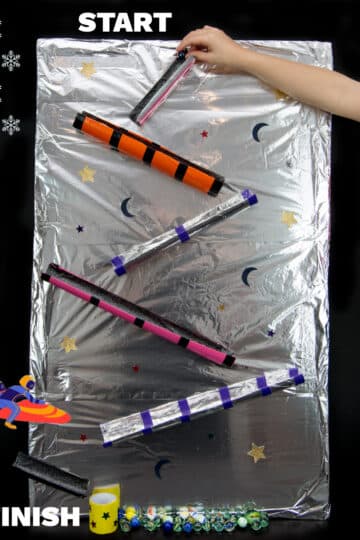
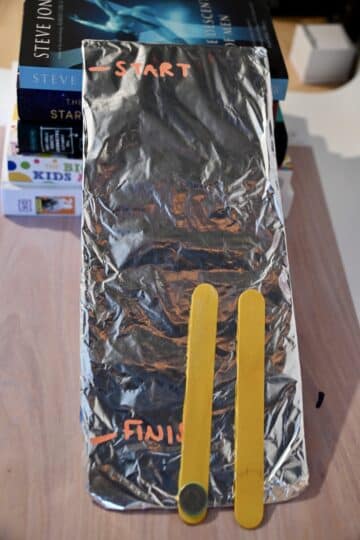

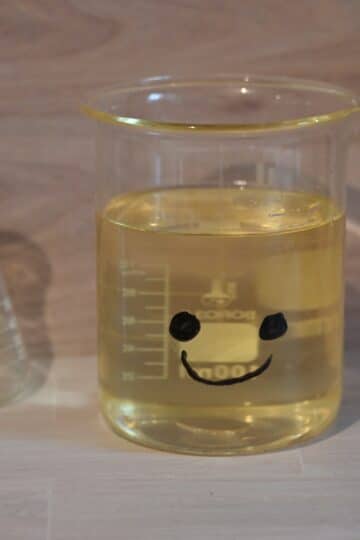
Leave a Reply